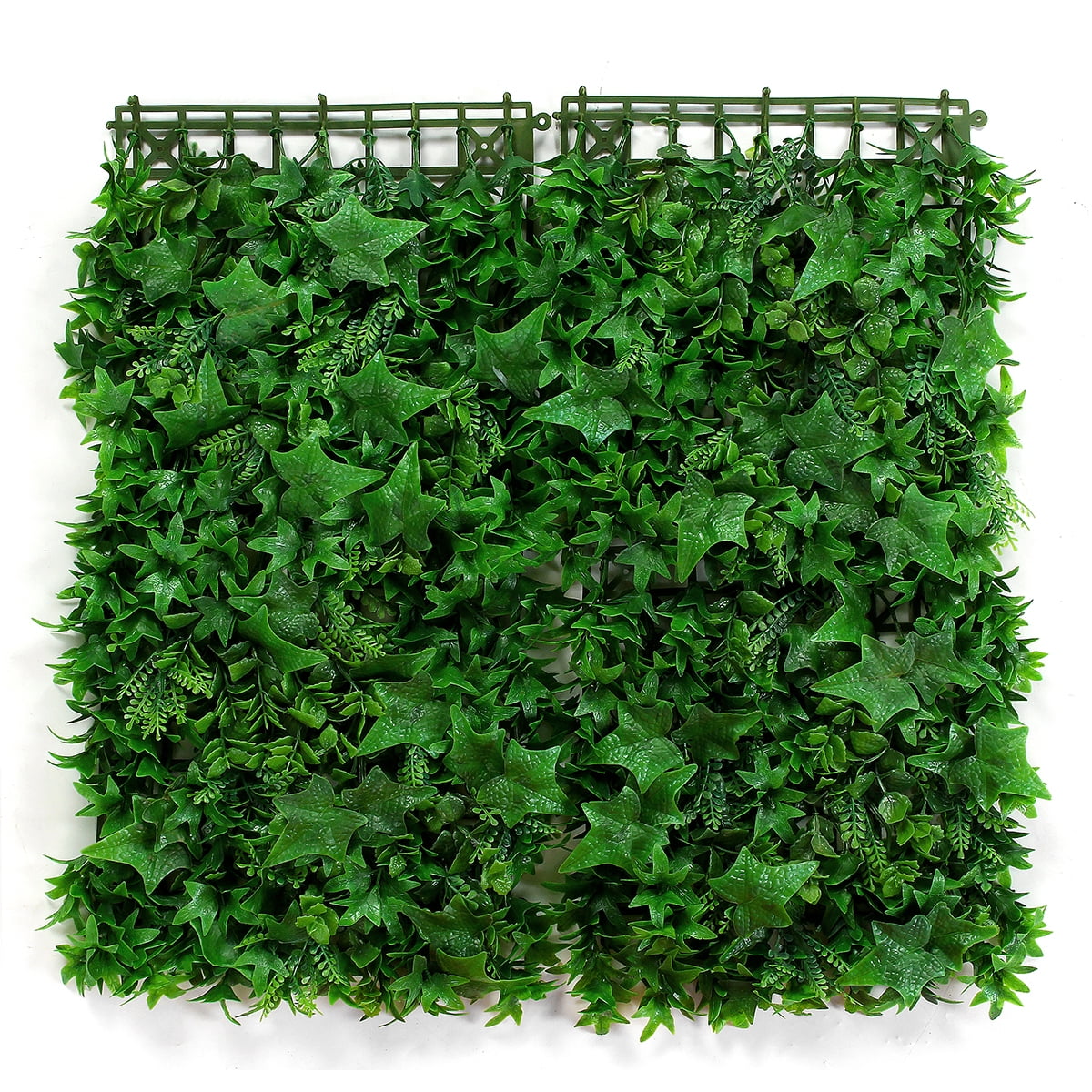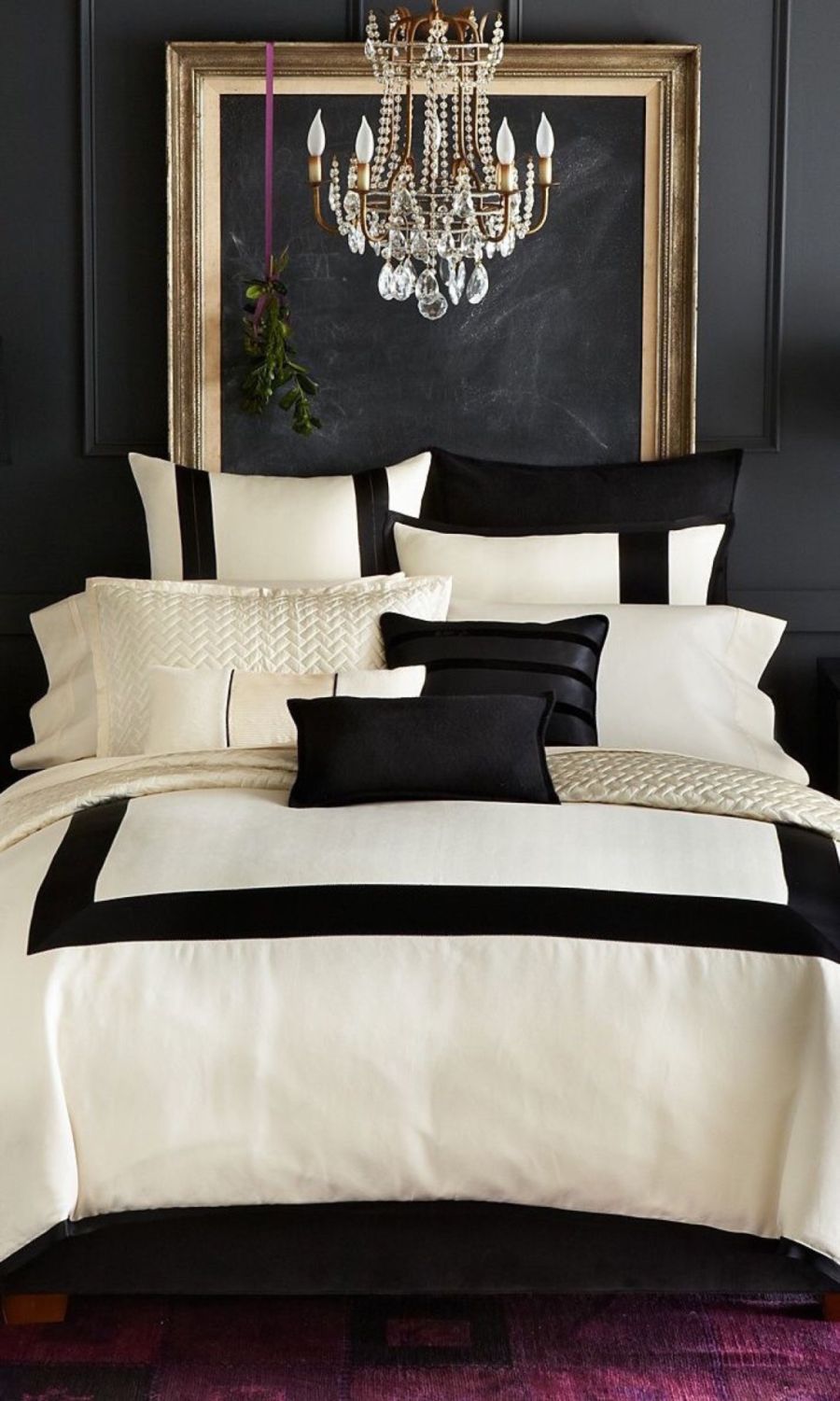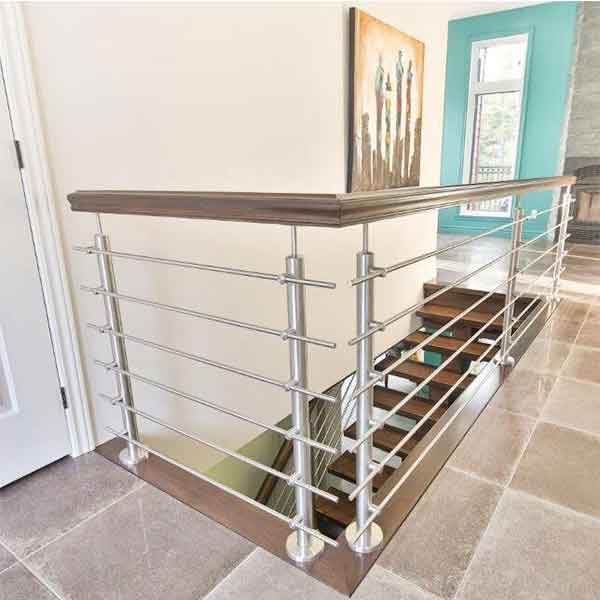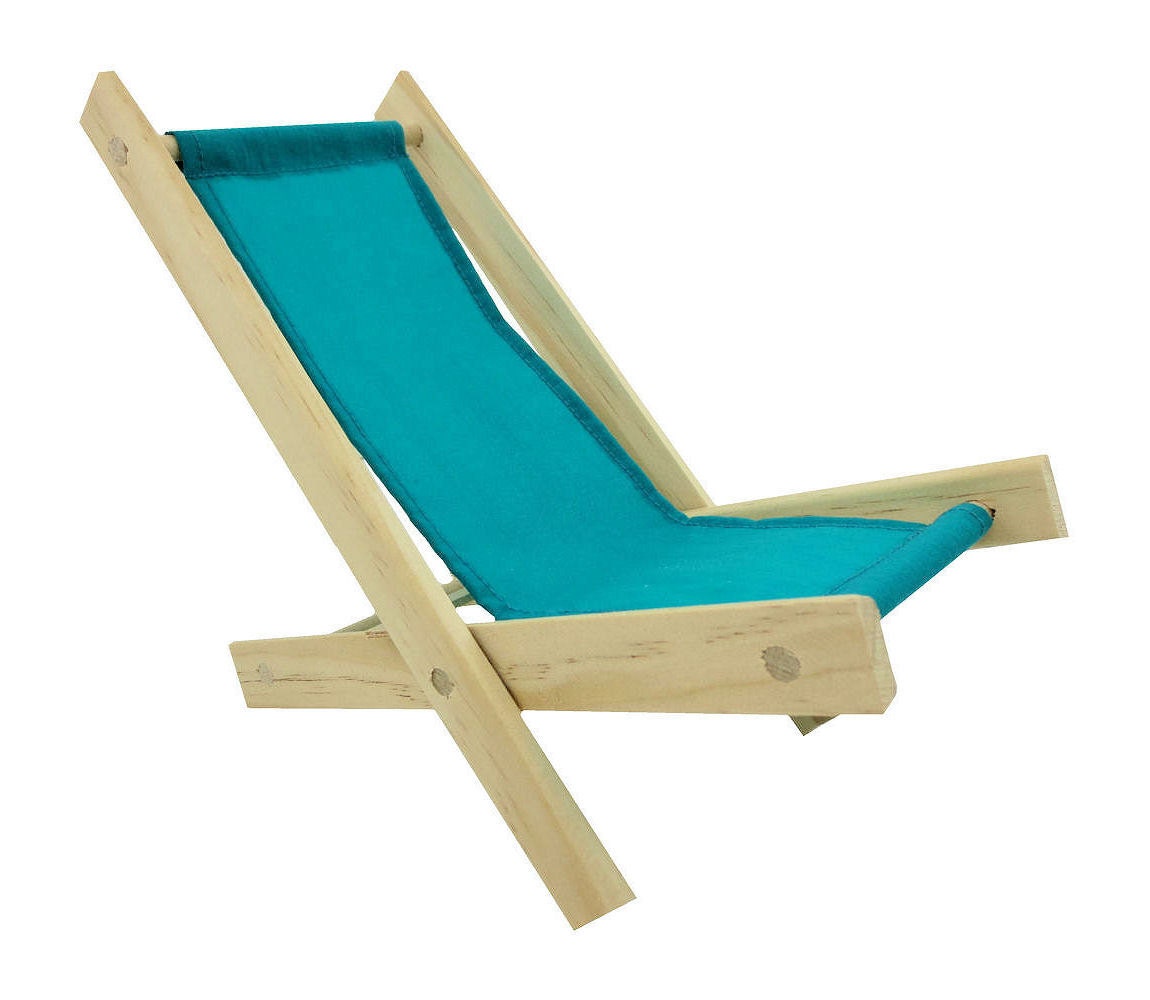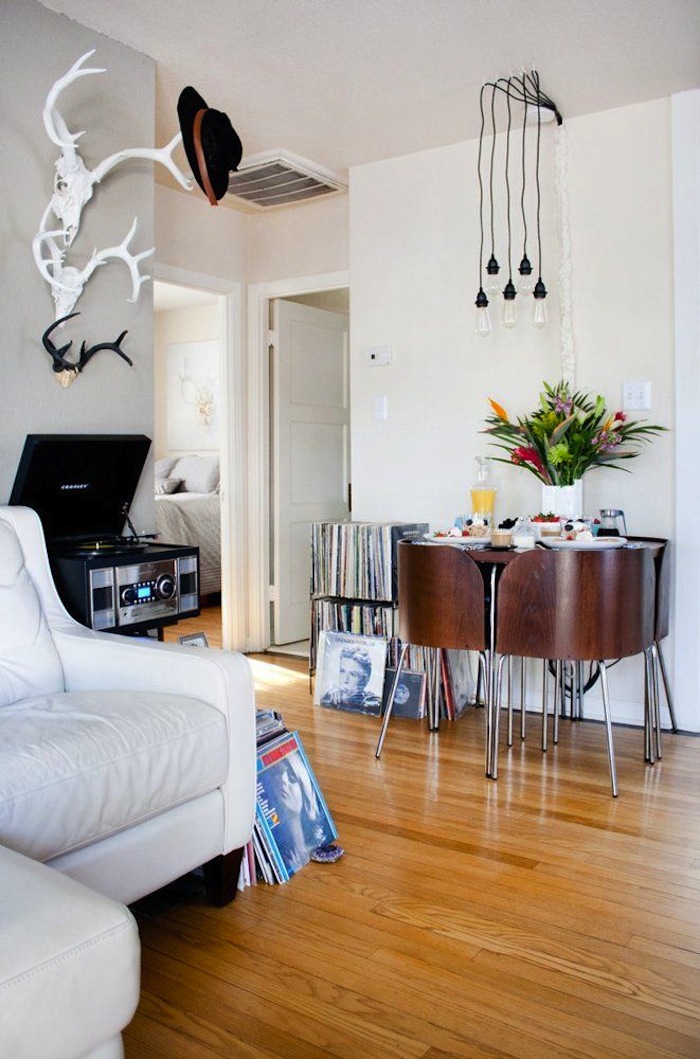Creates a dense hedge or screen. Artificial plant wall can also act as a windshield to reduce street noise and make you relax;
Good Screening Plants For Fences, Good for those narrower areas, or. Southern wax myrtle is a lovely evergreen shrub.

A good choice is the viburnum tinus , a small leaf evergreen that grows to about 3.5 metres. These gorgeous fence line plants are flowering vines that quickly grow on a wooden fence. You should, therefore, think about the best color that suits your fence before planting any plant against your fence. Bamboos are typically used for countless purposes because of their vast applications in various fields.
You should, therefore, think about the best color that suits your fence before planting any plant against your fence.
A good choice is the viburnum tinus , a small leaf evergreen that grows to about 3.5 metres. Unless your client has the advantage of a glorious borrowed vista — say, the uninterrupted view of rolling hills and meandering streams, purple mountains majesty, a forested glade […] A good choice is the viburnum tinus , a small leaf evergreen that grows to about 3.5 metres. It does well in both sun and shade. Once the plants have reached your desired height, snip the tops off. You can create a screen in your backyard using screening materials.
 Source: decoist.com
Source: decoist.com
Plant taller plants against your fence. Viburnums have been popular in australia for decades as a screening plant. Because it is a climbing plant, a sturdy structure like a picket fence is the perfect place for them to grow. Hedges a useful way of using large shrubs as tree substitutes is to clear the lower branches as they grow so.
 Source: pinterest.com
Source: pinterest.com
Even more so, their flamboyant bracts of fluorescent colour make them a hedge and screening shrub that demands head turning. The weight is light while the exciting force is strong. Shrubs are some of the best plants for fence line screening. Vines tend to get out of control so you have to prune them on a regular basis. A good.
 Source: greenearth-landscapes.com
Source: greenearth-landscapes.com
Hedges a useful way of using large shrubs as tree substitutes is to clear the lower branches as they grow so that the space underneath is maximised and plants below receive adequate light. Successful screening good plants for privacy can be a challenge. In small gardens in particular, fences provide a valuable opportunity to grow climbers and carefully chosen shrubs..
 Source: pinterest.com
Source: pinterest.com
Size and vigour are important too. It will have bright green leaves for much of the year, though the foliage will drop during the winter months reducing its utility as a privacy block. This plant is commonly used due to its ability to bring about privacy screening; Unless your client has the advantage of a glorious borrowed vista — say,.
 Source: ethanvizitei.com
Source: ethanvizitei.com
Goldstrike� and �maculata.� this laurel likes moist soil but can handle periodic dry spells. A 20 foot magnolia might sound good, but do you also have 20 feet of width available? There’s also many different species of climbing plant that are great for privacy, such as ivy, bougainvillea, passion flower, wisteria, clematis, and star jasmine. It will work its magic.
 Source: siteshade.com.au
Source: siteshade.com.au
It is a slow grower that can be pruned in early spring to summer. It will have bright green leaves for much of the year, though the foliage will drop during the winter months reducing its utility as a privacy block. You should, therefore, think about the best color that suits your fence before planting any plant against your fence..
 Source: pinterest.com
Source: pinterest.com
It can thrive in most types of soil. It does well in both sun and shade. The weight is light while the exciting force is strong. Shrub plants for fence line. Trees for a natural privacy screen.
 Source: decoist.com
Source: decoist.com
Once the plants have reached your desired height, snip the tops off. Bamboo makes a great contemporary screen. This plant comes in several varieties like the giant or dwarf form, so you have to choose the. Their new foliage varies between fiery red to bronze and becomes the feature of this plant. Successful screening good plants for privacy can be.
 Source: correctlydesign.com
Source: correctlydesign.com
Artificial plant wall can also act as a windshield to reduce street noise and make you relax; Some good screening plants for fences include the lilly pilly, bottle brush, pittosporum tenuifolium, photinia robusta, and more. It can thrive in most types of soil. All these plants need is a trellis (e.g. If you’re looking for a screen with needle leaves.
 Source: hoommy.com
Source: hoommy.com
People prefer to use bamboo as a fence because they are natural, and grow fast and tall. You should, therefore, think about the best color that suits your fence before planting any plant against your fence. It can thrive in most types of soil. Good for those narrower areas, or. In small gardens in particular, fences provide a valuable opportunity.
 Source: greensideupgifts.com
Source: greensideupgifts.com
Bamboo can be grown in containers, making it a good choice for screening a patio, roof terrace or balcony. Good for those narrower areas, or. Their new foliage varies between fiery red to bronze and becomes the feature of this plant. Bougainvilleas are fast growing, tuff as nails and mold to any shape to fit your garden requirements. Garden fence.
 Source: pinterest.com
Source: pinterest.com
As a plant matures you don’t want it crowding your roof or growing through a fence. Their new foliage varies between fiery red to bronze and becomes the feature of this plant. Once the plants have reached your desired height, snip the tops off. Creates a dense hedge or screen. A 20 foot magnolia might sound good, but do you.
 Source: pinterest.com
Source: pinterest.com
Suitable plants for screening can include hedging shrubs, trees or grasses and bamboos, depending on the level of formality, and the height and spread required for the space. Goldstrike� and �maculata.� this laurel likes moist soil but can handle periodic dry spells. Plant taller plants against your fence. Here are some trees to consider as privacy fencing: With so many.
 Source: westchestertreelife.com
Source: westchestertreelife.com
Bamboo can be grown in containers, making it a good choice for screening a patio, roof terrace or balcony. It is a slow grower that can be pruned in early spring to summer. It can take years to cover a fence but providing solid, hardy evergreen growth with a big payoff. Shrub plants for fence line. There’s also many different.
 Source: pinterest.com.au
Source: pinterest.com.au
These gorgeous fence line plants are flowering vines that quickly grow on a wooden fence. As a plant matures you don’t want it crowding your roof or growing through a fence. If you’re looking for a screen with needle leaves rather than broad leaves, the cypress is a good choice. Let’s dive into some options for both a commercial landscape.
 Source: walmart.com
Source: walmart.com
Shrubs are some of the best plants for fence line screening. You should, therefore, think about the best color that suits your fence before planting any plant against your fence. It does well in both sun and shade. Generally, people look for the best bamboos for screening as they help in security and privacy purposes and add up the beauty.
 Source: pinterest.com
Source: pinterest.com
Here are some trees to consider as privacy fencing: Trees for a natural privacy screen. Some good screening plants for fences include the lilly pilly, bottle brush, pittosporum tenuifolium, photinia robusta, and more. So, what are the best outdoor plants and trees that provide good privacy screen hedges/living fences? The larger leaf sweet viburnum has large shiny emerald leaves and.
 Source: ebay.co.uk
Source: ebay.co.uk
Even more so, their flamboyant bracts of fluorescent colour make them a hedge and screening shrub that demands head turning. If not allowed to grow to its natural width, it can appear twiggy due to its large leaf. Vines are an excellent choice to fill in gaps in the garden fence. Plant leather flower vines in full sun or part.
 Source: pinterest.com
Source: pinterest.com
Their new foliage varies between fiery red to bronze and becomes the feature of this plant. Photinias make for a vibrant hedge or screen. Bamboo makes a great contemporary screen. Once the plants have reached your desired height, snip the tops off. Birds love the wax myrtle’s berries, especially in winter.
 Source: pinterest.com
Source: pinterest.com
In small gardens in particular, fences provide a valuable opportunity to grow climbers and carefully chosen shrubs. Bamboos are typically used for countless purposes because of their vast applications in various fields. Staff january 25, 2017 evergreen plants fences good fences make good neighbors, it’s true, but sometimes a chain link barrier or wooden wall just doesn’t cut it. Once.
 Source: walmart.com
Source: walmart.com
These gorgeous fence line plants are flowering vines that quickly grow on a wooden fence. Bamboo can be grown in containers, making it a good choice for screening a patio, roof terrace or balcony. It can take years to cover a fence but providing solid, hardy evergreen growth with a big payoff. It will work its magic along a wall.
 Source: diyselfy.blogspot.com
Source: diyselfy.blogspot.com
Bougainvilleas are fast growing, tuff as nails and mold to any shape to fit your garden requirements. Shrubs are some of the best plants for fence line screening. Once the plants have reached your desired height, snip the tops off. Let’s dive into some options for both a commercial landscape design privacy border, as well as some residential landscape privacy.
 Source: bambooplantshq.com
Source: bambooplantshq.com
The weight is light while the exciting force is strong. Shrubs are some of the best plants for fence line screening. If not allowed to grow to its natural width, it can appear twiggy due to its large leaf. Southern wax myrtle is a lovely evergreen shrub. Good for those narrower areas, or.
 Source: pinterest.co.uk
Source: pinterest.co.uk
Creates a dense hedge or screen. Euonymus is a flowering woodland plant that is also known as the wintercreeper that is generally a small tree or evergreen shrub. Suitable plants for screening can include hedging shrubs, trees or grasses and bamboos, depending on the level of formality, and the height and spread required for the space. Shrubs are some of.
 Source: walmart.com
Source: walmart.com
It can thrive in most types of soil. Vines are an excellent choice to fill in gaps in the garden fence. There’s also many different species of climbing plant that are great for privacy, such as ivy, bougainvillea, passion flower, wisteria, clematis, and star jasmine. So, what are the best outdoor plants and trees that provide good privacy screen hedges/living.
